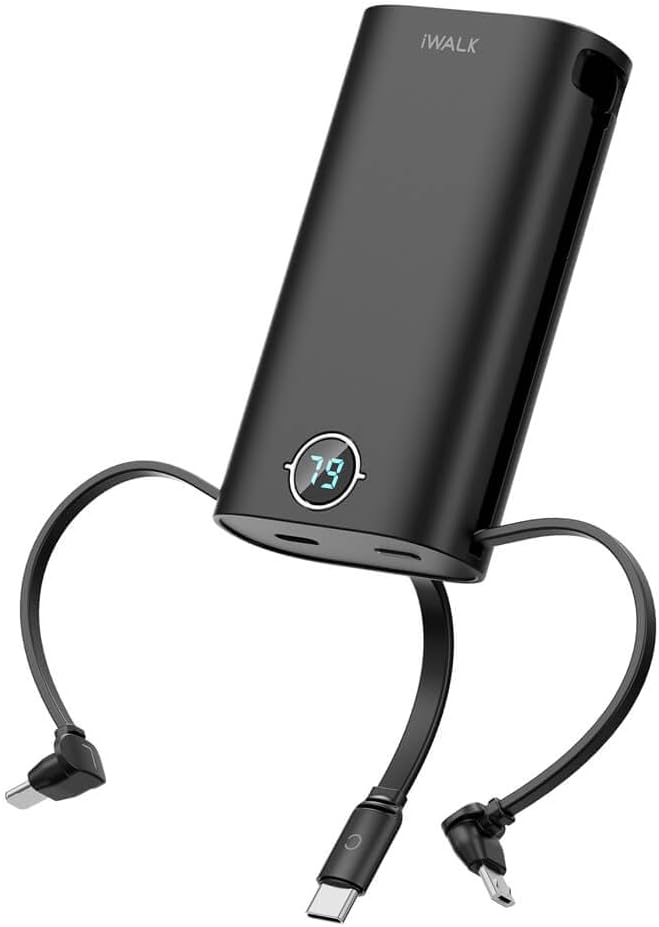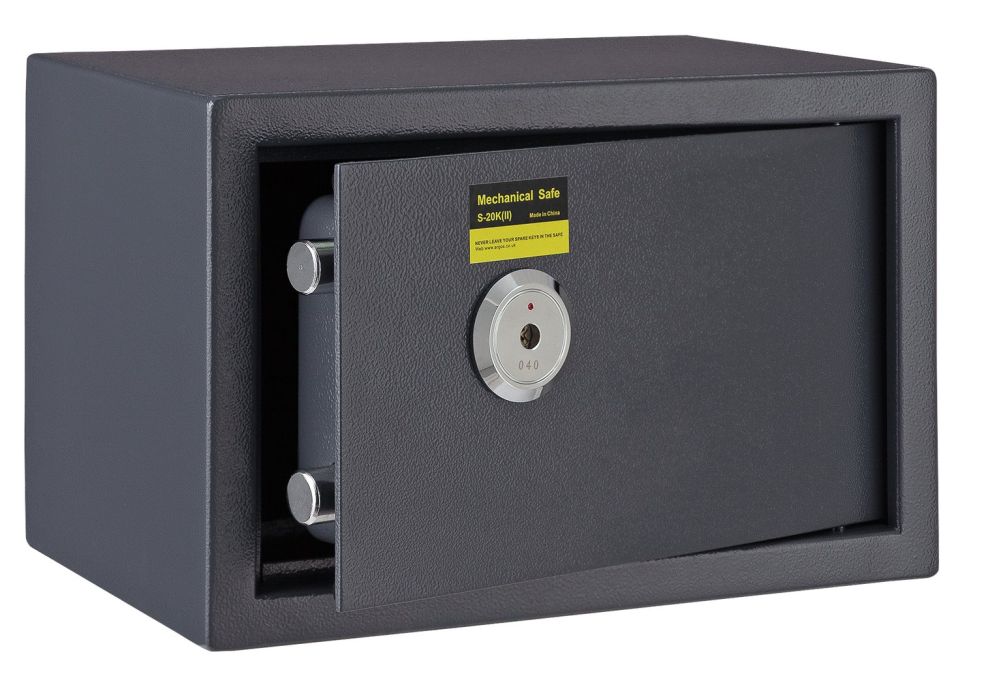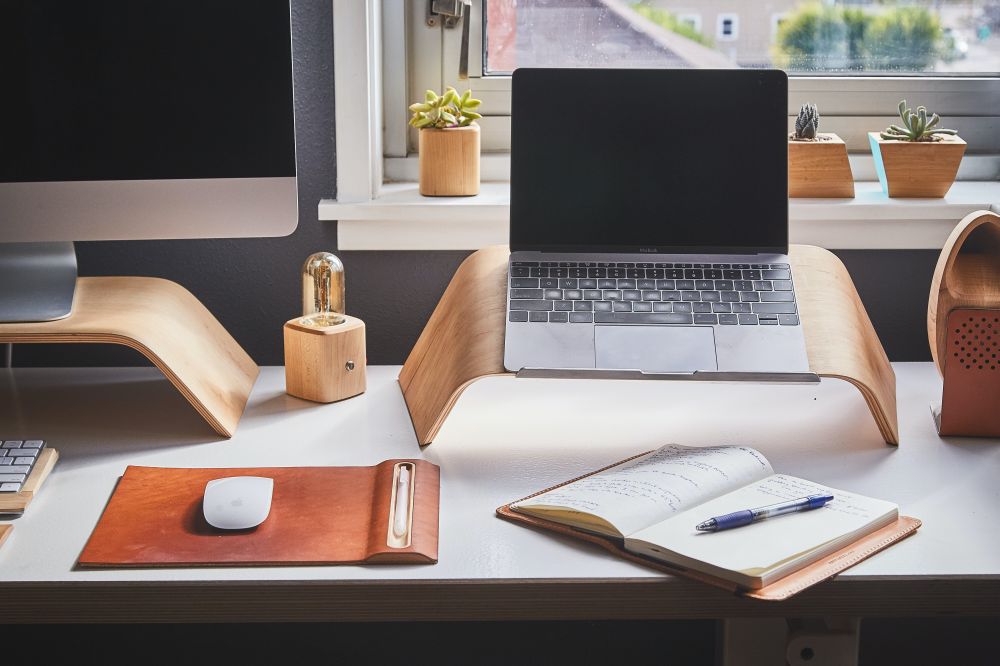In 2020 something happened that changed the way people work, the COVID-19 pandemic saw a lot more people work from home. Whilst COVID is still around, since then, lots of companies now offer more working from home opportunities, whether that’s working from home all the time or a hybrid pattern of sometimes working from the office and sometimes from home. It makes working life much more flexible for lots of people.
It sounds idyllic being able to work from home, surrounded by your home comforts. But working from home isn’t as easy as it sounds and isn’t for everyone, you need a lot of discipline. You will no longer be surrounded by colleagues (no gossiping by the water cooler), there will be no one to have a friendly chat with and you can get easily distracted by social media, television or chores around the house.
Being able to work from home can be less stressful, make you more productive and give you more free time (no travelling to and from work for example) but only if you are structured, disciplined and keep a working routine to keep on top of your productivity. For some, it can also be a very lonely and solitary experience. Working from home is not suited to everybody and you do have to be careful before you go down that route. Do you have the discipline to do it?
To successfully work from home, I have some tips that you can follow:
Dedicated Workspace
Create a dedicated workspace in your home. If you have a spare room or study, turn this into your home office. Having a place to “go to” work puts you in a much better state of mind than trying to work from your living room, sitting on a comfy sofa with the television on.
Make It Look More Like An Office
Wherever you make your dedicated workspace, try to make it look like a workspace or office. Having it looking like a spare room or even your living room will be too distracting and less productive. You might have issues with not being able to find what you need, take more breaks than necessary and end up doing less than required and falling behind in your work.
Make sure you have a desk, comfortable chair, computer, secure and stable internet connection, good lighting and any other office/business paraphernalia that you might need to assist you in your day-to-day work.
Keep Your Phone Charged
If you are using your mobile phone to take calls all day, make sure you can keep it charged! If your phone is capable of wireless charging, make use of it. A wireless charger is an excellent way to do this as there will be no cables getting in the way or having to unplug constantly. You can even get wireless chargers in photo frames and desk clocks. If you do have to leave the office, a portable charger or powerbank is a must to keep your phone charged on the go, as are wireless earbuds or headphones.

Check Video Call Settings
If you are using video calls and software such as Teams or Zoom to have virtual work meetings, make sure you check your settings before starting to use. Blur backgrounds so that nobody can see anything that you don’t want them to (clothes hanging on radiators, personal photos etc.). Make sure audio and camera settings are working correctly. And maybe invest in a camera lens cover for your laptop camera or webcam.
Set Regular Working Hours
It is all too easy to get into the mindset that because you are working from home you can start and finish whenever you want. This doesn’t work and isn’t as productive, you really do need to set start and end times for your day – and stick to them! By doing jobs as and when you feel like it can see you working later into the night and your work then starts to creep into your personal life. If you are used to working 9 to 5, then stick to this routine. Routine is a good habit to have when you work from home. If you are working for someone else rather than yourself, you may be required to work between certain hours anyway and your employer would not be very happy if you chose to work outside of their set times (unless they have agreed them first, for school runs etc.).
Set Boundaries
Once you have got your workspace established and your working hours organised, set boundaries for working and stick to them. Make sure that colleagues know that you work from home and your working hours, don’t answer emails or calls outside these hours. Don’t be overly available, allowing people to contact you at any time of the day. This will just create more stress; you will never be able to relax in your own home.
Get Dressed
I know this sounds silly but start the working day properly dressed – don’t start work in your pyjamas. It can make you feel more at ease by wearing what you would normally wear to the office and put you in a work frame of mind rather than a “pyjama day” mindset. After all, taking a video call from your boss or a client whilst in your pyjamas doesn’t look very professional. You might be in the comfort of your own home, but it is still work.
Use a Planner
Plan your working week or month. A desk planner is good, but I prefer a bigger wall planner as it is much easier to see those important tasks. Or, as we live in a digital world, make use of online planners or calendars within your email program.
Make To-do Lists
Start each day by making a list of tasks that you need to complete. Be realistic, adding too much that you know you won’t have time to finish will see you piling too much stress on to yourself, reducing productivity, increasing the potential for errors and unfinished work.
Take Regular Breaks
Make sure that you take regular breaks; that includes coffee breaks, lunch breaks and a break from the screen to reduce eye strain (you can always make calls or file/shred paperwork on screen break times). Just because you are at home doesn’t mean you don’t need a break.
Make Sure Any Company Data Is Secure
Data is very valuable and must be protected at all times. When working from home try to use a secure VPN or remote access connection to access work networks (if your employer allows this). Make sure your router is secure: change default passwords, use strong passwords (a mix of characters including lower and uppercase, numbers and symbols) and change passwords regularly.
If you are using your own laptop, create space on the hard drive where you can add an encrypted secure folder to store files. You could even go as far as creating a separate user account purely for work, keeping your work and personal accounts separate. Why not consider a hardware security key like a YubiKey to authenticate logins to your accounts. And where possible, use two-form authentication.
Backup and secure any data. Make sure this is daily backup up to a password protected USB drive or external hard drive, secure cloud service, or transferred to the company’s servers at the end of every working day. If using USB drives or external hard drives for backups, make sure that at the end of the day they are locked away (ideally away from the computer), preferably in a safe.

If you have important sensitive paper documents, keep them in a fireproof document box until you can transfer them to the office. And with any documents that are no longer needed and don’t need to go into the office, shred them using a cross-cut shredder, or better still, micro-cut shredder.
Keep In Touch With Colleagues
Don’t cut yourself off from your work colleagues. Keep in touch with people at the office (or others working from home) with a phone or video call, rather than email, regularly. Maybe even meet up for a coffee every now and then. This not only decreases the feeling of isolation, but helps you share ideas and keep everyone updated on what is happening in the workplace and is great for keeping up morale (and is also good for mental health being able to speak to others).
Home working doesn’t have to mean out of sight, out of mind! If you are able to work from home, stay productive, stick to routine and try to find a good work/home life balance. Hopefully these tips with help you work from home a bit better. If you have any other useful tips, please leave them in the comments below.
